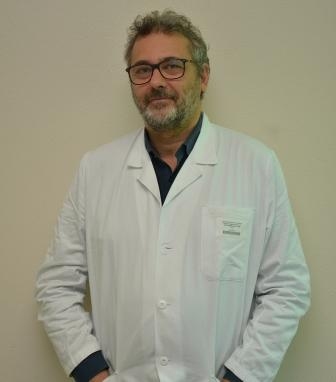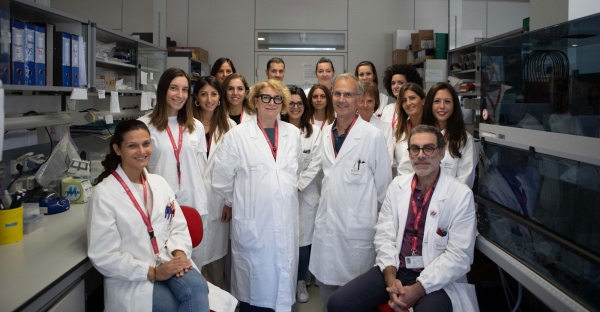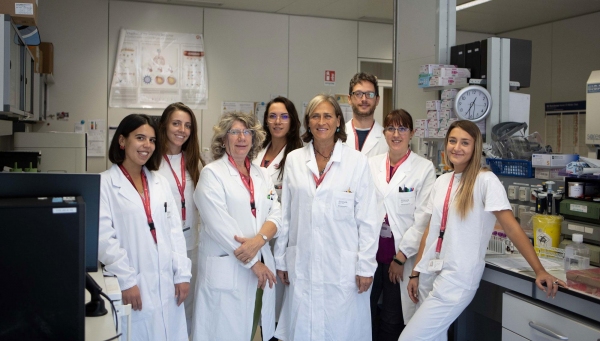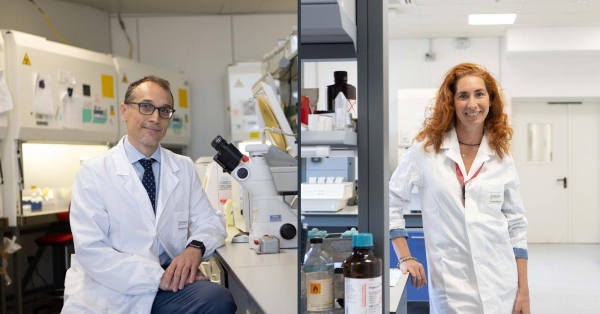New precision medicine approaches in gastroenterology and hepatology /
Transfusion Medicine
Head
Unit
Cardiometabolic diseases in subjects at low risk of disease:
research aims to promote and improve primary cardiovascular prevention in the Italian population through the development and application of new informatics methodologies designed for monitoring, education and remote management of the most important risk factors, to detect and correct incorrect lifestyles both in the short term (reduction of risk factors, improvement of lifestyles) and in the long term (reduction of cardiovascular events).
Liver disease:
Research activity is focused on the analysis of the genetics of metabolic liver disease and liver cancer, the molecular mechanisms underlying the development of inflammation, fibrosis, and liver cancer, and the development of three-dimensional liver cell models for the study of tissue regeneration and tumor progression.
COVID-19:
The research activity, conducted in close collaboration with the Foundation's entire COVID-19 network, is focused on identifying the main heritable genetic determinants to susceptibility to the development of SARS in Italian SARS-CoV-2-infected subjects through a genomewide genetic association study (GWAS).
A study of the effects of "LONG-COVID" is currently underway in a subgroup of previously recruited patients, whose biological samples and associated data were collected during the acute phase of the disease and in follow-up.
Cell and gene therapies:
Several research projects have been initiated in recent years to produce simple (organoids and spheroids) or complex three-dimensional models by co-culturing different cell lines (assembloids), used both to study the mechanisms involved in certain diseases, e.g., hepatocarcinoma, and to test the efficacy of new therapeutic approaches, e.g., antisense oligonucleotides (ASOs).
A novel drug delivery system (extracellular vesicles) is also being tested to silence PNPLA3/HSD17B13 in human hepatocytes.
Blood-borne diseases:
For more than 30 years, Transfusion Medicine has been a national and international reference in studies aimed at establishing the transmissibility of infectious agents of transfusion interest and describing their natural history in donors and recipients.
Research in immunohematology:
Our Transfusion Medicine, which includes Regional Rare Blood Bank, participates in collaborative studies in immunohematology . In addition, partly due to its specific expertise in genetics, it is part of the Blood transfusion Genomics Consortium (BGC), an international consortium of transfusion facilities, research institutes and industrial partners that aims to improve transfusion practice using new genetics-based technologies.
Innovative Hemocomponents:
Research activity aims to evaluate the efficacy of innovative treatments developed from blood components for transfusion and non-transfusion use, such as infiltrative treatments with cord blood platelet-rich plasma (CB-PRP); management of anemia in the premature infant through transfusion support based on cord blood cells, which has been shown to be more effective than standard support based on adult donor red blood cells; standardization and characterization of platelet concentrate from placental blood for non-transfusion use from which to produce medical devices and drugs (platelet gel, eye drops); as well as validation of a protocol for rapid cooling of platelet concentrates for use in cases of massive transfusion.
- Illumina NextSeq2000 and 550
- Sequenziatore Sanger
- Agilent BRAVO
- PCR Real-time ABI 7500 Fast e MJ Opticon2
- ELISA readers
- High Performance Computing (HPC) Cluster
- Agilent SeaHorse XF
- NanoSight
- Human Technopole
- IRCCS San Raffaele Hospital
- Magna Graecia Catanzaro University
- IRCCS Monzino Cardiology Center
- University of Turin, Città della Salute Hospital
- University of Udine
- Policlinico Paolo Giaccone of Palermo
- Catholic University of Rome, Gemelli Polyclinic
- ASST Grande Ospedale Mietropolitano Niguarda- Milan
- CNS national blood center
- Newcastle University
- Blood transfusion Genomics Consortium
- Asociación Centro de Investigación Cooperativa en Biociencias - CIC bioGUNE
- Columbia University
- University of Gothenburg
- University of Oslo
- University of Kiel
- Humanitas University and Research Hospital
- University of Helsinki Institute for Molecular Medicine Finland FIMM Technology Centre
- Commissariat à l'énergie atomique et aux énergies alternatives, France
- Ecole Normale Supérieure de Lyon
- Ludwig Maximilian University of Munich
- Politechnika Warszawska
- Université libre de Bruxelles
- European Blood Alliance
- European Center for Disease Control (ECDC)
Cardiometabolic disease team in low-risk subjects: 1 associate professor of internal medicine, 4 medical specialists, 4 research fellows
Team on liver diseases: 1 associate professor of internal medicine, 1 contract physician, 4 medical specialists, 1 health researcher, 11 fellows, 2 PhD students
Team on COVID-19: 1 associate professor of internal medicine, 1 contracting physician, 1 biologist, 3 health researchers, 4 fellows, 1 PhD student
Innovative blood components and regenerative emedicine team: 2 biologists, 2 contract researcher, 1 fellow
Immunohematology research team: 4 medical specialists, 3 biologists
—
Other activities in this Research Line
New precision medicine approaches in gastroenterology and hepatology
Gastroenterology and Hepatology
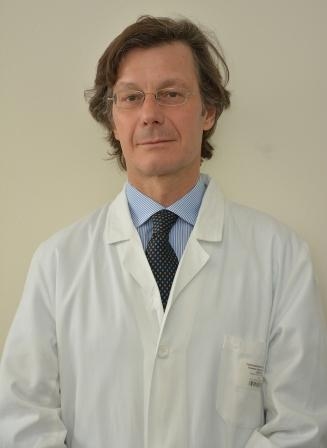
Pietro Lampertico
Gastroenterology and Endoscopy
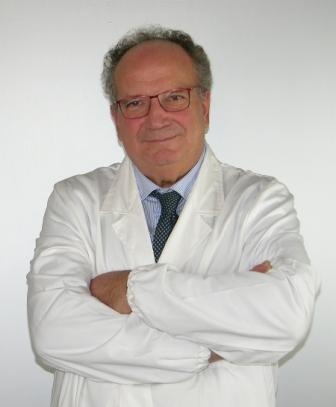
Maurizio Vecchi
Geriatrics
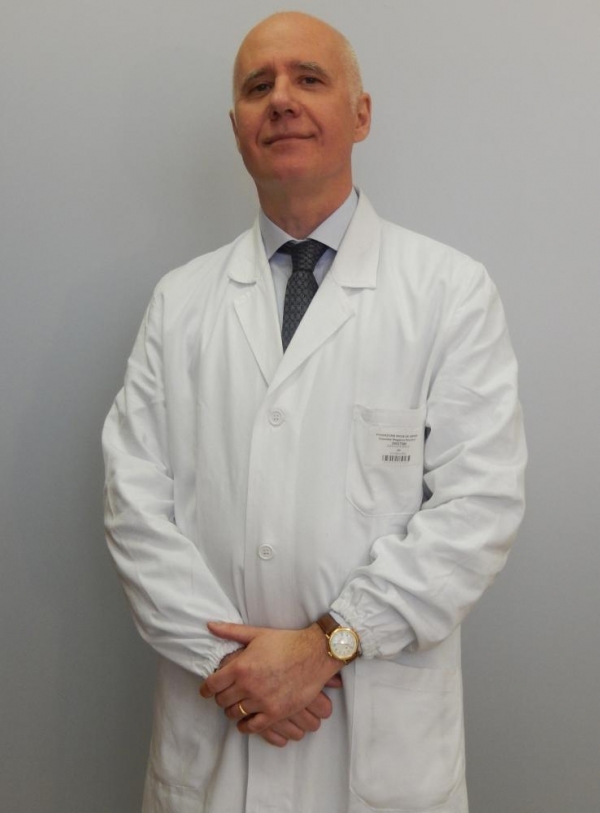
Tiziano Lucchi
Medicine and Metabolic Disease
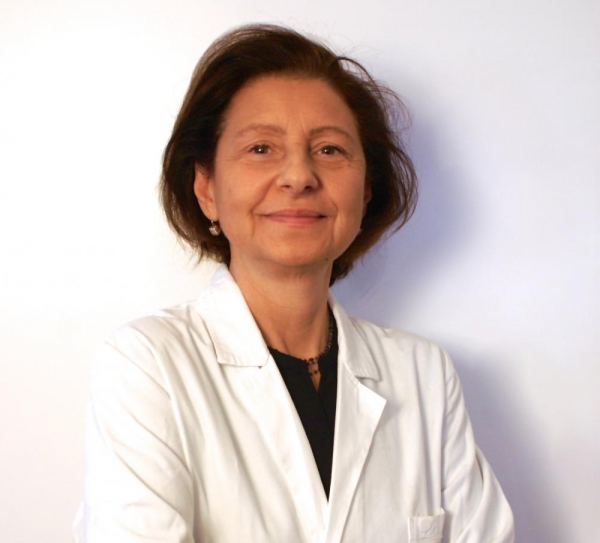
Anna Ludovica Fracanzani
Pediatrics - Gastroenterology, hepatology, pediatric transplantation and Cystic Fibrosis
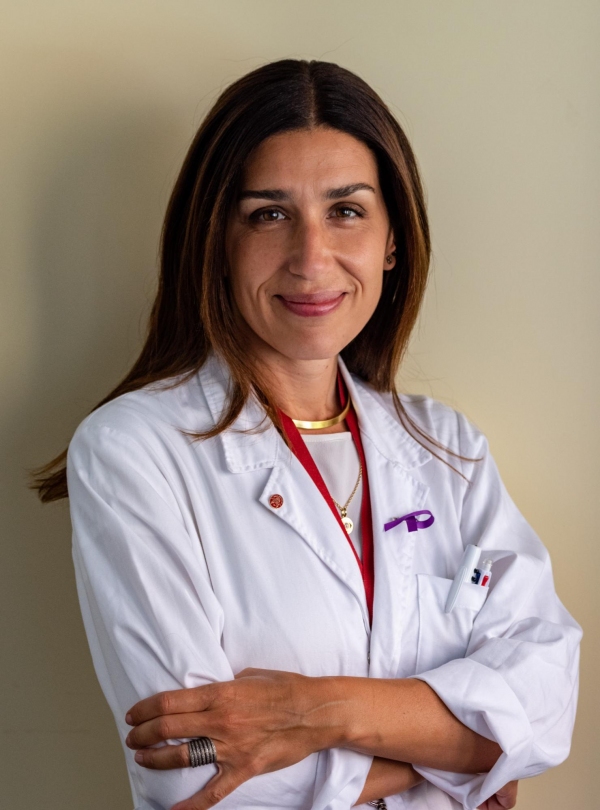
Marina Aloi
